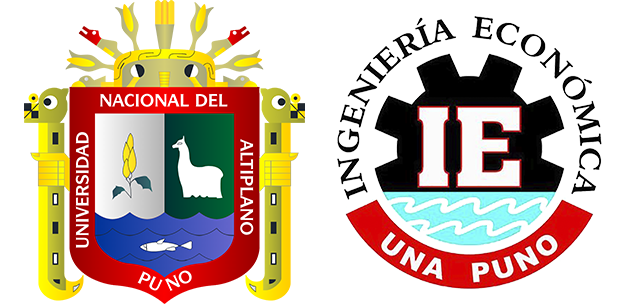Experimentos de elección en la estimación de medidas de bienestar y priorización de políticas en Saneamiento Básico
DOI:
https://doi.org/10.26867/se.2017.v06i2.66Palabras clave:
diseño experimental, logit multinomial, logit mixto, effect codes, dummy codes, máxima verosimilitud simuladaResumen
El objetivo de esta investigación fue estimar los beneficios económicos potenciales por una mejora integral en la provisión de servicios de saneamiento básico (agua, alcantarillado y tratamiento) mediante el experimento de elección (EE) con modelos logit multinomial y logit mixto. Se realizaron 392 encuestas a usuarios de los servicios de saneamiento básico en la ciudad de Puno. Mediante el modelo logit mixto-dummy codes se estimó una disposición a pagar marginal (DAPM) agregada de S/9.95/mes/vivienda. Con base en el modelo logit multinomial-effect codes, se logró estimar la variación compensatoria (VC) en S/9.11/mes/vivienda. Al comparar ambos resultados, se concluye que no existen diferencias significativas, por lo tanto, cualquiera de estas medidas monetarias de bienestar, al ser agregado en función a la población potencialmente beneficiaria por el cambio, se podría utilizar como medida de beneficio económico en la evaluación costo/beneficio de las mejoras planteadas. Así mismo se ha evidenciado que el atributo “tratamiento” en más valorada que los atributos “agua” y “alcantarillado”, por lo tanto, cualquier política orientada a mejorar los servicios de saneamiento básico en la ciudad de Puno debe estar prioritariamente focalizada a solucionar el tratamiento de aguas residuales. La elección de alternativas de mejora en los servicios de saneamiento básico está condicionada por el nivel educativo y el ingreso monetario mensual de los usuarios.
















